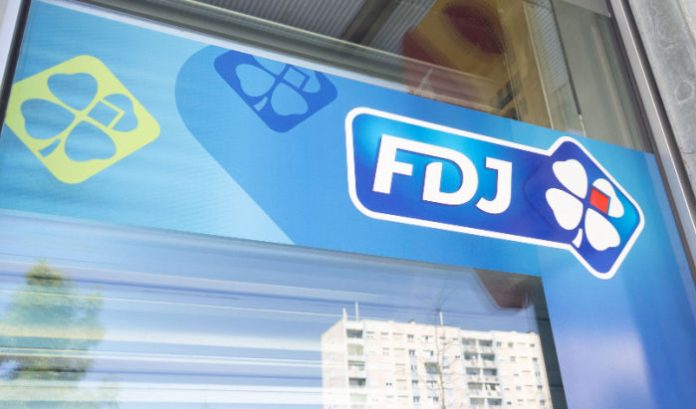L’Autorité Nationale des Jeux (ANJ), France’s national gambling regulator, has rejected the marketing plans of lottery and betting operator Française des jeux (FDJ).
In an update this morning, the authority revealed that it had approved the promotional strategies of 18 out of 19 operators, 17 of which are independent firms and one of which is the FDJ’s fellow state backed company, Pari Mutuel Urban (PMU).
FDJ’s plans faced criticism in part because of an ‘offensive’ campaign for its lottery services, as it promoted the product as one of everyday consumption, particularly by offering ‘bargains’ bonuses and ‘catchy slogans’ such as ‘rain of millionaires’.
A focus on the group’s societal contribution in marketing was also highlighted in particular by the regulator as potentially encouraging gambling.
ANJ’s assessment determined that the firm had tried to establish a direct link between its products and a ‘cause or general interest, likely to trivialise or generalise the practice of the game’.
“The ANJ board has decided to reject the promotional strategy of La Française des jeux because it cannot be regarded as sufficiently measured and limited in relation to the advertising that a gambling monopoly can legally carry out,” the authority explained.
“Also, the company La Française des jeux will have to file, at the latest within one month, a new request for approval of its promotional strategy, after discussion with the services of the ANJ.”
In comparison, PMU was deemed to be taking care to moderate its use of incentivising promotional tools, in particular for products seen as having an increased risk of problematic behaviour, such as in-play betting and live poker.
As part of a wider state objective to prevent ‘excessive or pathological gambling’ and limit the exposure of under-age consumers to betting-related content, the ANJ had initiated a review of operator promotional strategies.
A set of new guidelines was established by the ANJ in February and October of last year, whilst in September it initiated a public consultation on gambling advertising, asserting that gambling ‘must remain a recreational and measured practice’.
The authority explained: “When examining these promotional strategies, the ANJ’s analysis grid takes into account the balance to be found between the legitimate use of advertising by operators to promote the legal gambling offer and the need not to not encourage excessive or pathological gambling and protect minors.
“The reference framework for the prevention of excessive and pathological gambling and the protection of minors adopted in 2021 offers operational instructions for operators in the implementation of these obligations.”
Providing guidance for French licence holders, the ANJ outlined ‘several points of vigilance’ for firms to take note of as 2023 marketing strategies are rolled out.
Notably, sports sponsorships were highlighted as an area for caution, with the authority stating that a ‘significant increase’ in such agreements create an association between sport and gambling and make minors and at-risk groups more likely to be exposed to betting.
Similarly, a rise in ‘influence marketing’ was identified as proving ‘particularly popular’ with young people, as 117 content creators, influencers and ambassadors’ are factored into operators’ advertising plans.
Whilst 2023 is ‘less rich in large-scale sporting events’, such as the absence of a World Cup or similar far-reaching football tournament, the ANJ noted that operators have committed to a ‘high level of promotional investments’ of around €630m.
This marks a 6% increase on the year prior, with the peak expected during the Rugby World Cup, whilst the authority added that financial rewards have become a ‘leading item’ in advertising budgets, accounting for 59% of marketing spend.
Similarly, investment has also been observed on digital promotions, having increased 23%, and the FDJ added that overall advertising volume means that gambling is included in the daily life of the French’ and is being posited as ‘a product of everyday consumption’.
Concluding its assessment of advertising practices, the ANJ called on the sector to ‘de-intensify’ its activity across all media channels but particularly on digital platforms.
ANJ’s final statement read: “Finally, in general, in a context where advertising pressure remains strong and where the latest studies tend to show an increase in excessive gambling,the ANJ is considering the advisability of proposing additional measures to the public authorities in the coming months to reinforce the supervision of advertising for gambling.”




























